Author: Thomas
-
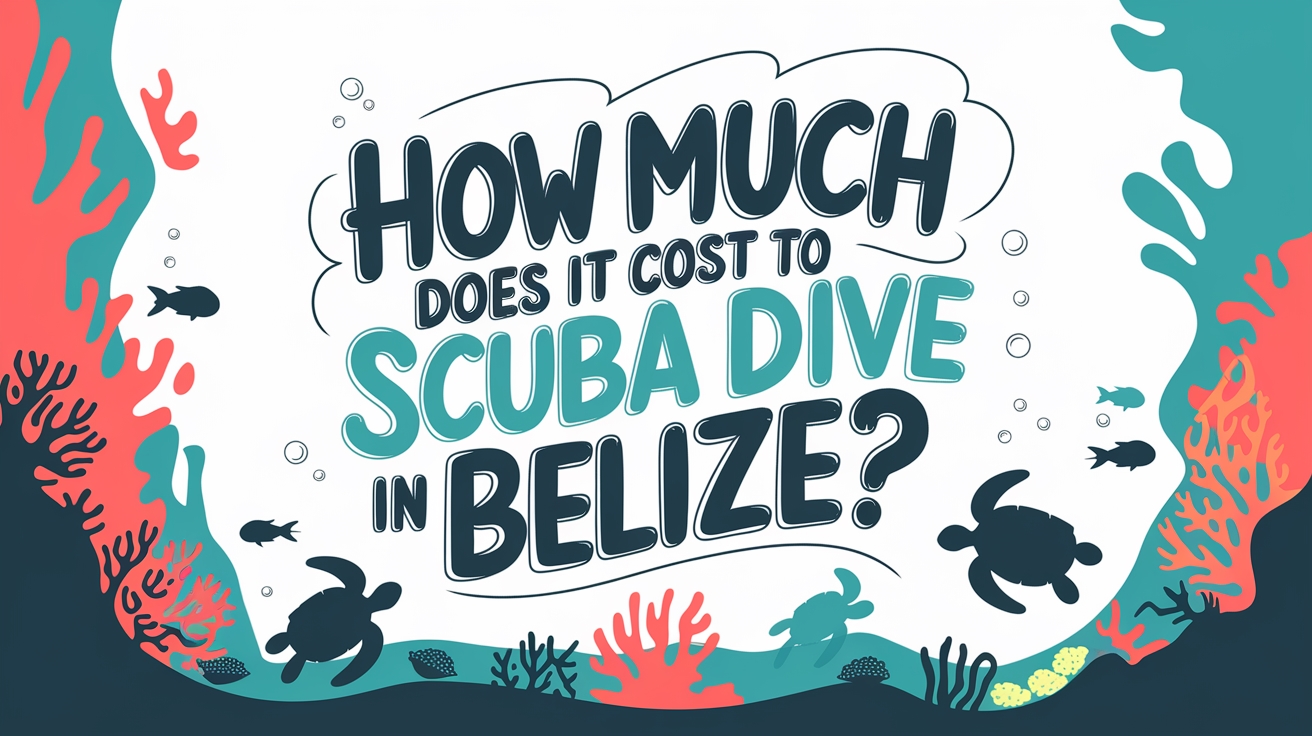
How Much Does It Cost to Scuba Dive in Belize?
Discover Belize’s scuba diving costs, from budget-friendly local plunges to exclusive Blue Hole adventures that will transform your underwater experience.
-

Does Scuba Diving Affect Blood Pressure?
Plunging into ocean depths triggers complex blood pressure changes that could impact your diving safety – but how much is too much?
-
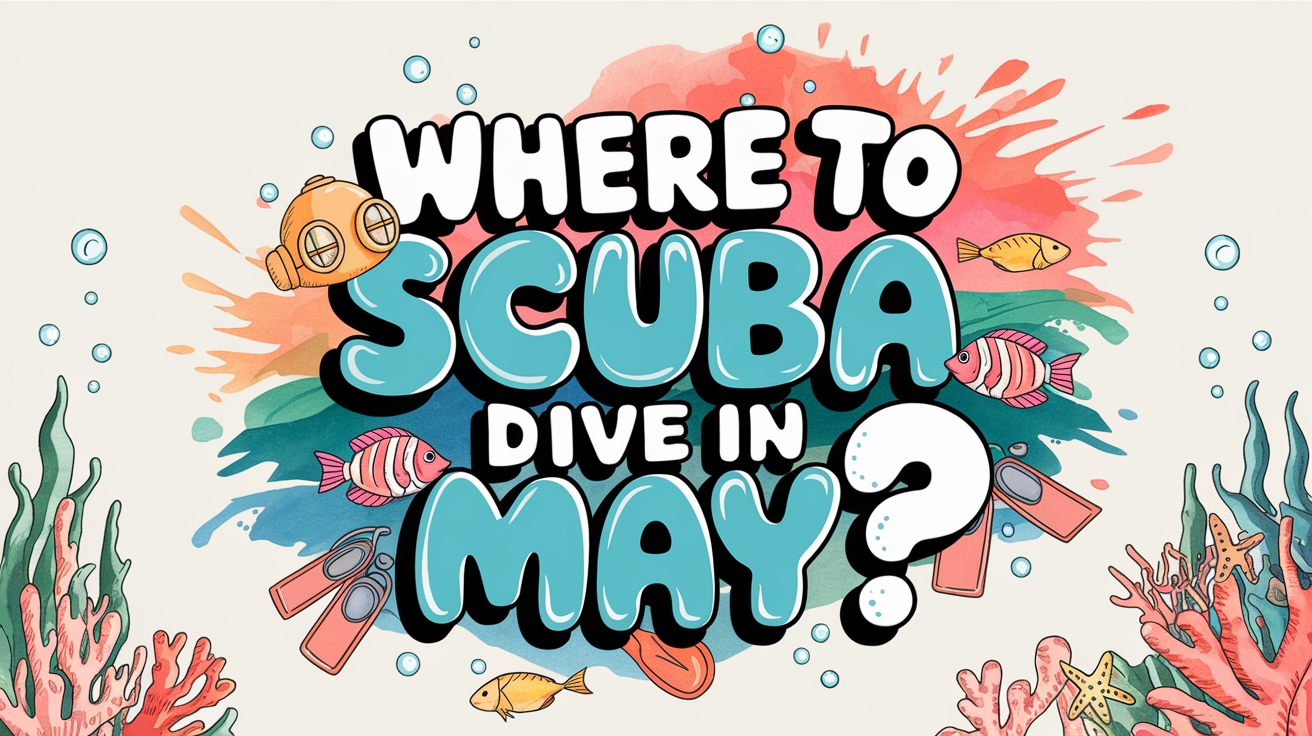
Where to Scuba Dive in May?
Glorious dive destinations in May reveal pristine waters and megafauna, from the Maldives to Australia’s Great Barrier Reef.
-

Best Places to Scuba Dive in Costa Rica
Costa Rica’s premier snorkeling destinations span two distinct coastlines, offering diverse underwater experiences. Cocos Island stands out for hammerhead shark encounters at depths of 60-100 feet, while the Catalina Islands showcase giant manta rays among volcanic formations. The Caribbean coast’s Gandoca-Manzanillo Wildlife Refuge features pristine coral reefs with exceptional visibility. Advanced divers can investigate the…
-
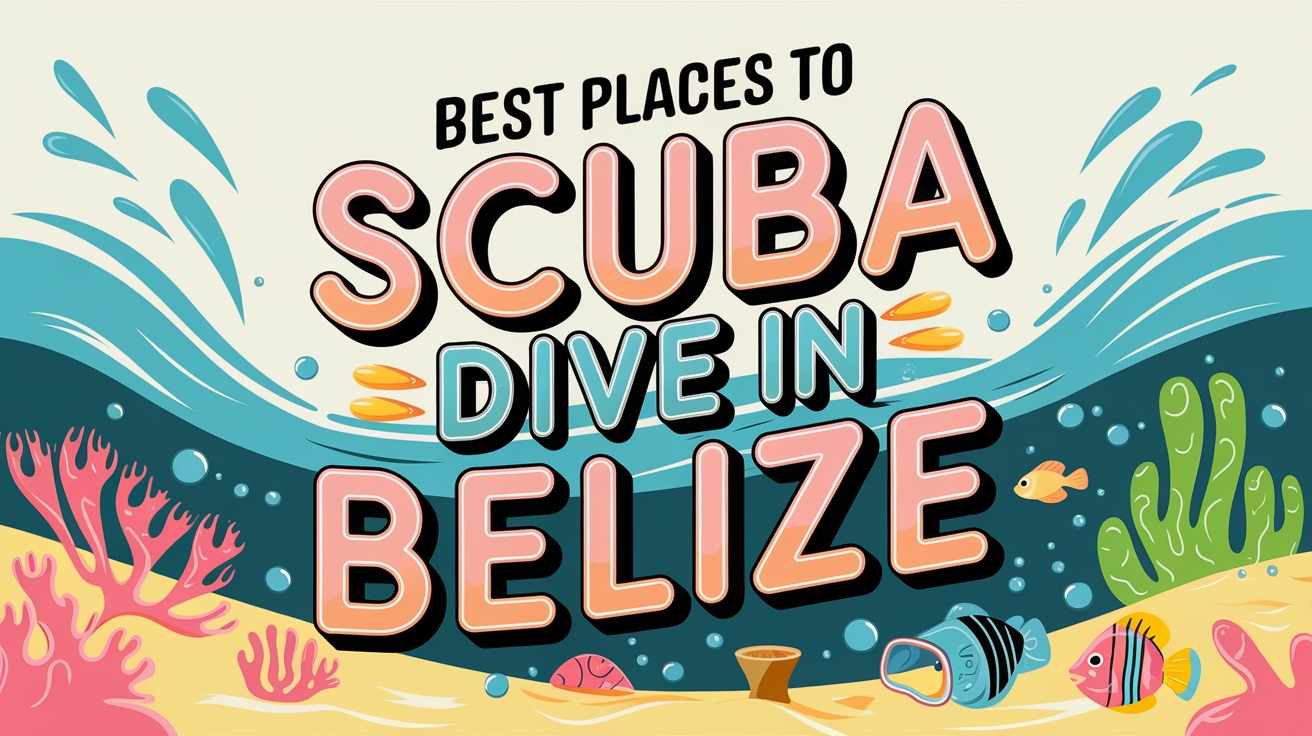
Best Places to Scuba Dive in Belize
The Belize Barrier Reef system offers world-class exploration across 190 miles of Caribbean coastline. Top sites include the Great Blue Hole, reaching depths of 407 feet and requiring advanced certification, and Hol Chan Marine Reserve, with depths of 20-100 feet and visibility exceeding 100 feet. Turneffe Atoll’s Coral Gardens provides access to over 200 coral…
-

Best Scuba Fin Bags
Our guide reveals the top-rated scuba fin bags that protect your gear, but you’ll never guess which feature matters most.
-
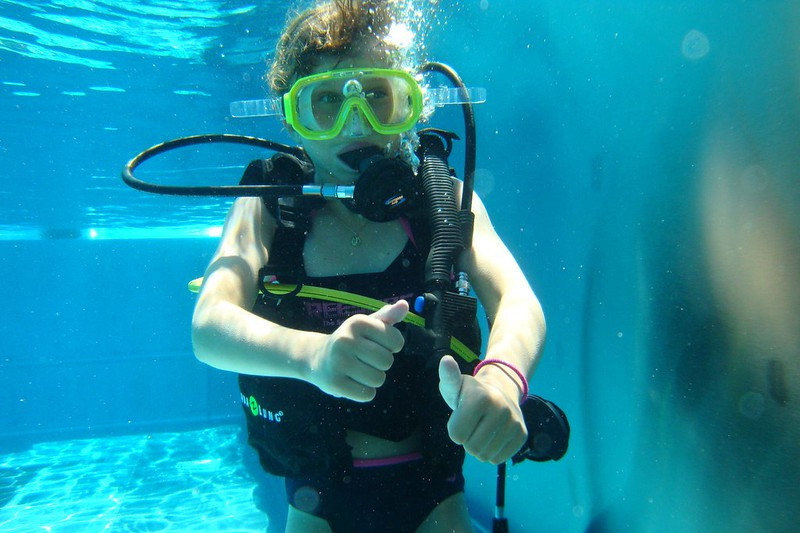
Cleaning Mold From Dive Equipment
Find out the essential steps to safely remove dangerous mold from your diving gear and protect your underwater adventures.
-
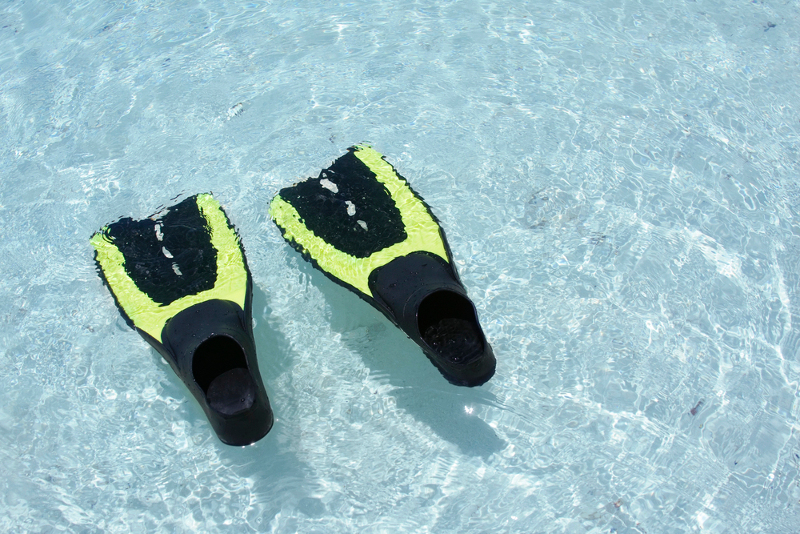
How Long Do Scuba Fins Last?
Invest wisely in scuba fins by discovering the crucial factors that determine whether they’ll last 2 years or 20.
-

Best Dive Knife Brands
Need a reliable dive knife? From Benchmade to Spyderco, discover which trusted brands deliver the best underwater protection.
-

What are Scuba Fins Made Of?
Aquatic experts reveal the surprising materials behind scuba fins, from basic rubber to cutting-edge composites that revolutionize underwater performance.